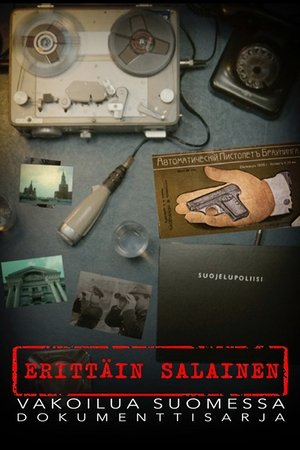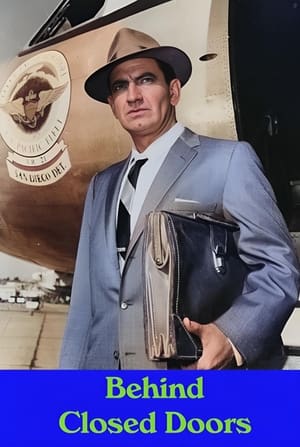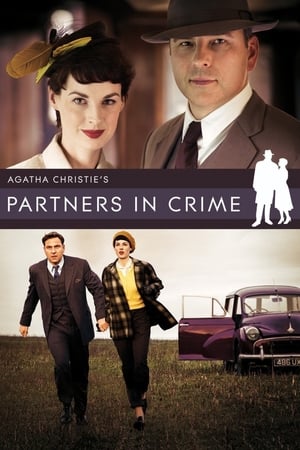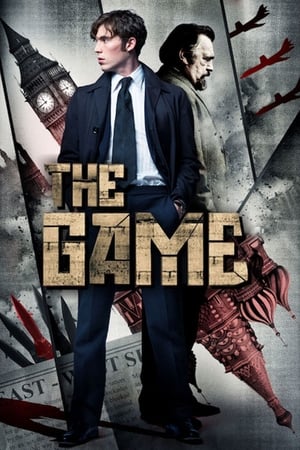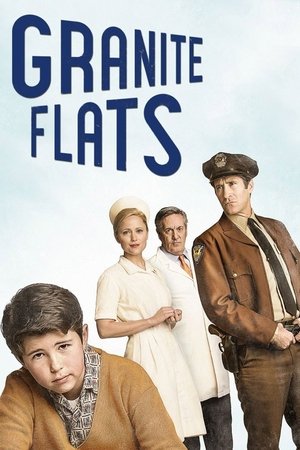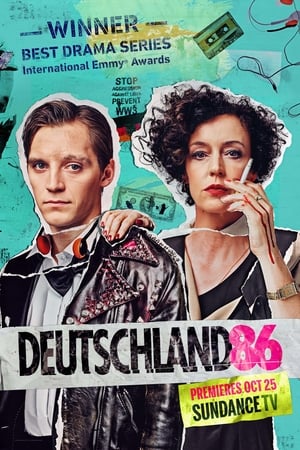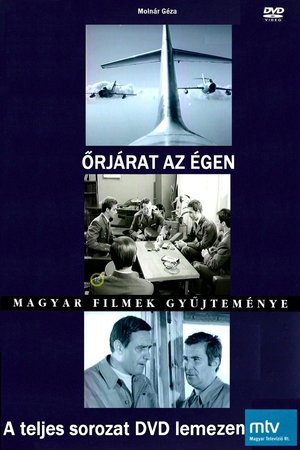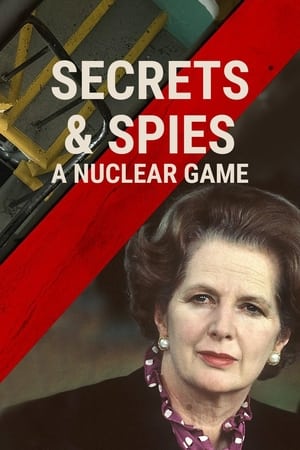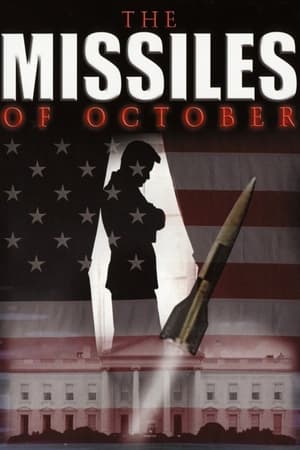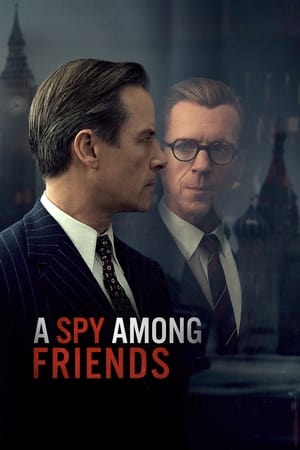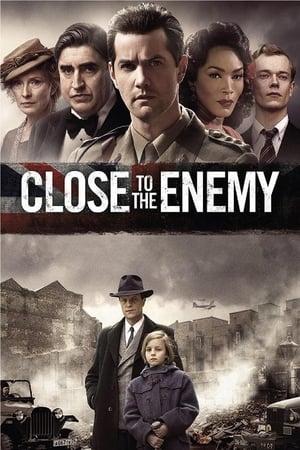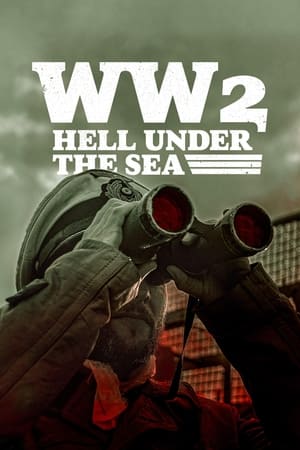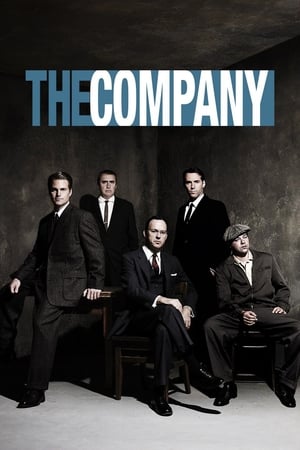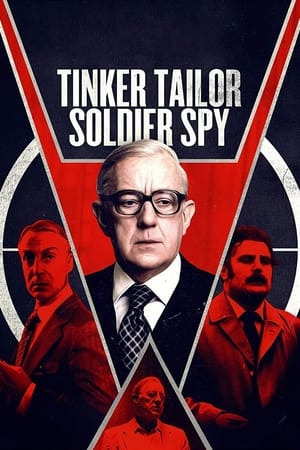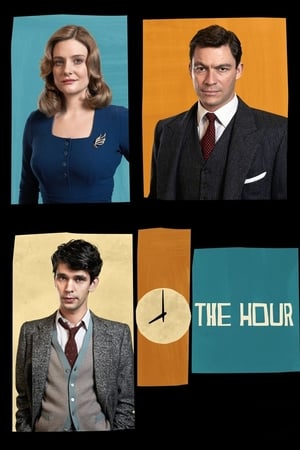Overview
A Day Called X is a dramatized CBS documentary film set in Portland, Oregon, in which the entire city is evacuated in anticipation of a nuclear air raid, after Soviet bombers had been detected by radar stations to the north; it details the activation of the city's civil defense protocols and leads up to the moment before the attack. The operations were run from the Kelly Butte Bunker, which was the EOC during the time. It was filmed in September 1957 and aired December 8 of that year. Apart from presenter/narrator Glenn Ford, none of the people shown are actors. They are locals of Portland shown in their real jobs, including Mayor Terry Schrunk.
Its local rebroadcast in 2004 and appearance in the on-line Prelinger Archives attracted interest among local history buffs due to its extensive outside shots of the city, and the use of non-actor participants. Whenever one of these individuals is heard uttering warnings or statements regarding attack, the words "An attack is not actually taking place" are superimposed over the picture.
On September 27, 1955, Portland actually conducted an exercise evacuation of downtown called "Operation Greenlight," and the film is often misattributed to that year. Ford's narration, however, does make direct reference to the 1955 exercise.

 English
English
 0
0
 2014
2014

